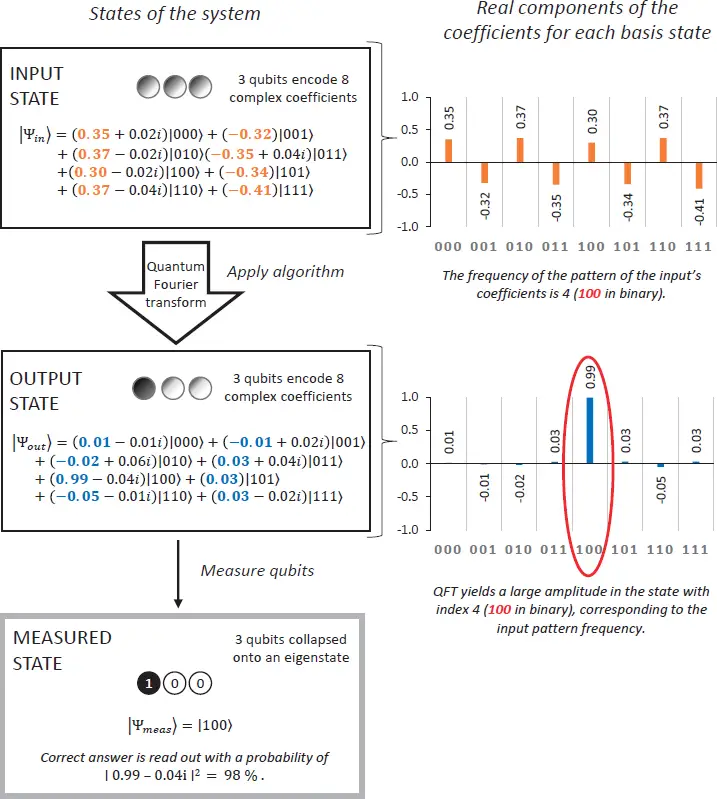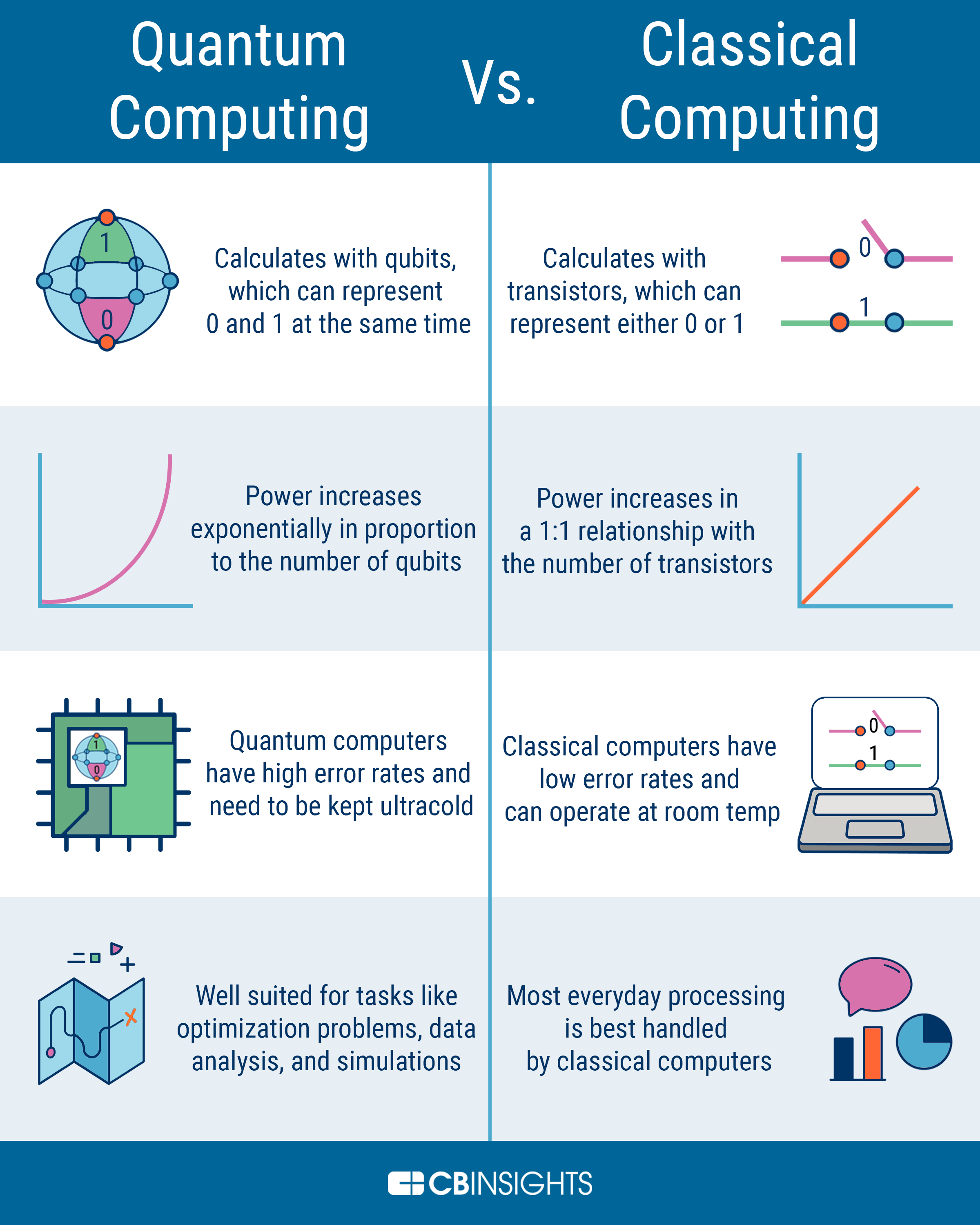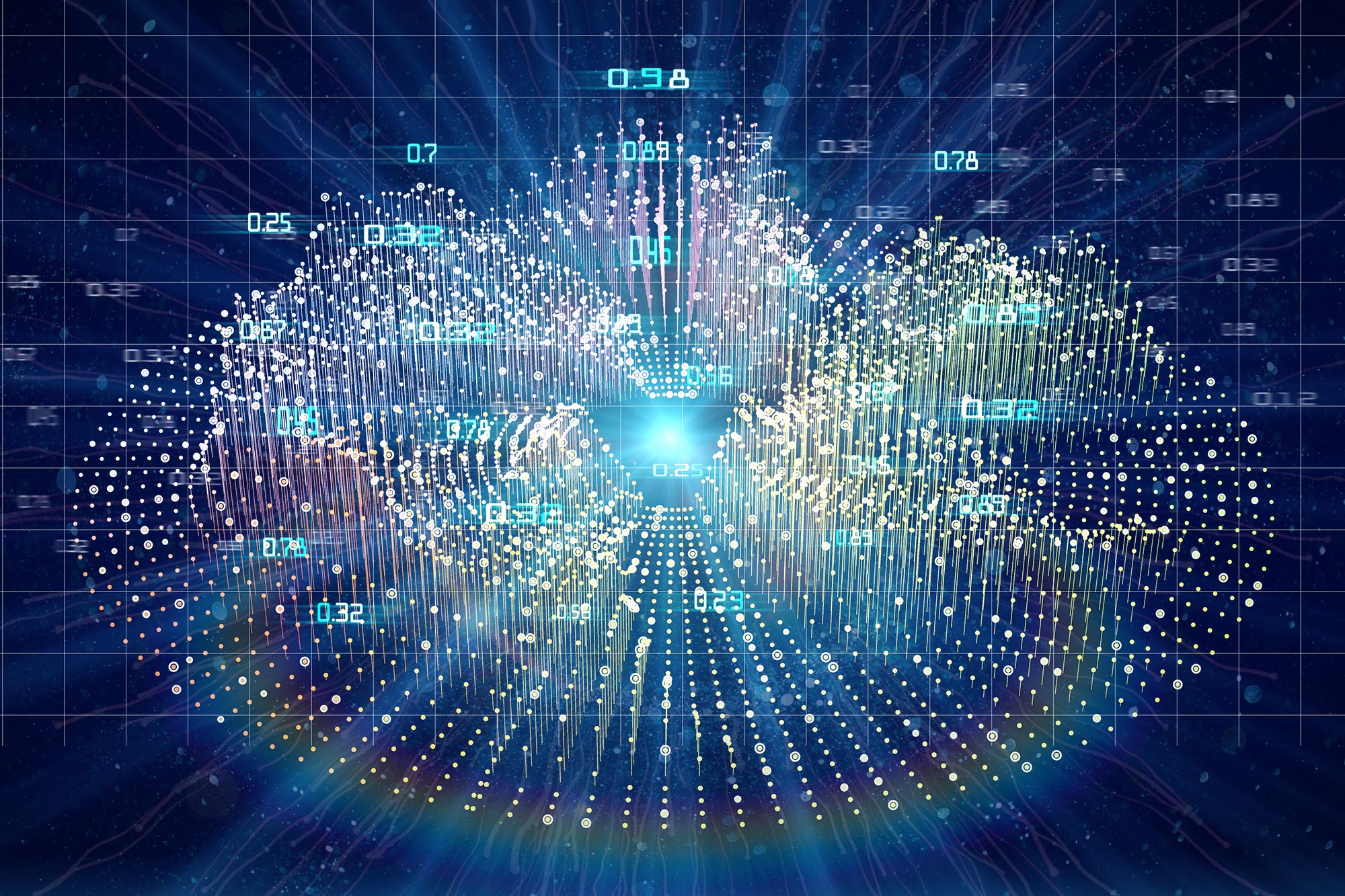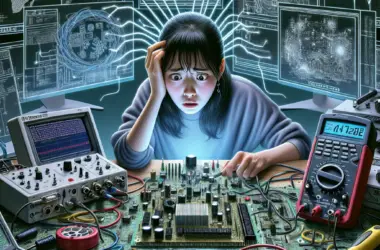Quantum Computing Quirks: Understanding Errors In Quantum Algorithms

Executive Summary

Quantum computing holds immense potential for revolutionizing various industries, but it also introduces unique challenges, including errors in quantum algorithms. This article delves into the types, sources, and mitigation strategies for errors in quantum algorithms, providing insights to enhance their reliability and pave the way for transformative applications.

Introduction
Quantum computing harnesses the principles of quantum mechanics to perform computations, promising exponential speedups in solving complex problems. However, the quantum realm introduces inherent uncertainties and noise, leading to errors in quantum algorithms. Understanding and mitigating these errors is crucial for realizing the full potential of quantum computing.
Frequently Asked Questions (FAQs)
1. What types of errors occur in quantum algorithms?
- Qubit decoherence: External disturbances cause qubits (quantum bits) to lose their quantum state.
- Control errors: Imperfect control over quantum gates and operations introduces inaccuracies.
- Measurement errors: Inaccuracies in measuring the state of qubits affect the final result.
2. What are the common sources of errors in quantum algorithms?
- Environmental noise: Thermal fluctuations and electromagnetic interference can disrupt qubits.
- Imprecise gates: Imperfect implementation of quantum gates due to hardware limitations.
- Measurement imperfections: Inefficient or noisy measurement devices can lead to incorrect readouts.
3. How can errors in quantum algorithms be mitigated?
- Error correction codes: Redundant encoding techniques that detect and correct errors.
- Fault-tolerant quantum computing: Designing algorithms and hardware that can withstand certain levels of errors.
- Repetition and averaging: Repeating and averaging algorithm executions can minimize the impact of noise.
Understanding Error Types
Types of Errors in Quantum Algorithms
Qubit Decoherence:
- Qubits are prone to losing their quantum state due to interactions with the environment.
- The decoherence rate determines the time it takes for qubits to lose their quantum properties.
- External factors such as thermal noise, vibrations, and electromagnetic interference can accelerate decoherence.
Sources of Errors in Quantum Algorithms
Control Errors:
- Quantum gates are used to manipulate qubits and perform computations.
- Imperfect implementation of these gates due to hardware limitations can introduce errors.
- Factors such as gate fidelity, pulse timing precision, and crosstalk between qubits can contribute to control errors.
Mitigation Strategies for Errors in Quantum Algorithms
Error Correction Codes:
- Error correction codes (ECCs) encode quantum information redundantly to detect and correct errors.
- ECCs work by adding additional qubits and employing mathematical algorithms to identify and fix errors.
- ECCs can significantly improve the reliability of quantum algorithms, but they also introduce overhead costs.
Applications of Quantum Computing
Fault-Tolerant Quantum Computing:
- Fault-tolerant quantum computing aims to design algorithms and hardware that can operate reliably even in the presence of errors.
- Fault-tolerant techniques include active error detection, correction, and recovery mechanisms.
- Achieving fault-tolerance is a major challenge, but it is essential for scaling up quantum computing systems.
Repetition and Averaging:
- Errors can be minimized by repeating and averaging the executions of quantum algorithms.
- By running the algorithm multiple times, random errors can be mitigated, and statistical averaging can provide more reliable results.
- Repetition and averaging are simple and straightforward techniques, but they can be computationally expensive.
Conclusion
Errors in quantum algorithms pose significant challenges to the practical realization of quantum computing. Understanding the types, sources, and mitigation strategies for these errors is crucial for developing reliable and high-performing quantum algorithms. As research and development efforts continue, effective error mitigation techniques will pave the way for the transformative applications of quantum computing, revolutionizing industries and opening new frontiers in scientific discovery.
Keyword Tags
- Quantum computing
- Quantum algorithms
- Quantum errors
- Error correction
- Fault tolerance

